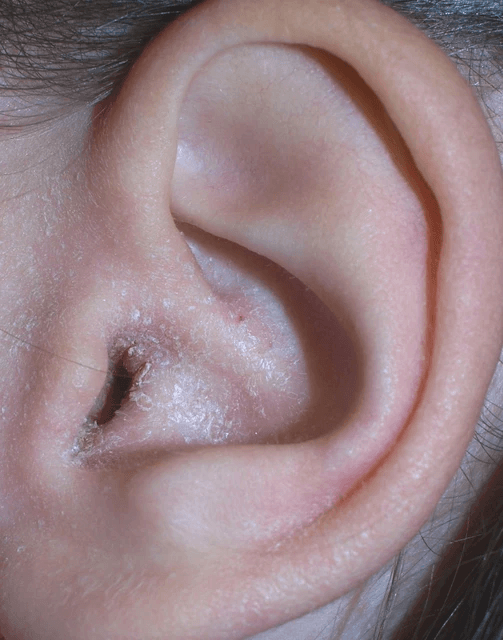
Swimmer’s ear, or otitis externa, is a common ear infection that tends to pop up during the summer. While it’s usually mild, it can be uncomfortable and, if left untreated, lead to more serious issues. At OneMedicine Private GP Clinic, we’re here to help you understand swimmer’s ear, how to spot it, and how to treat and prevent it.
What is Swimmer’s Ear?
Swimmer’s ear is an infection of the outer ear canal. It’s caused by bacteria or fungi that thrive in moisture, especially after swimming or exposure to water. When water gets trapped in the ear, it creates the perfect environment for infection to develop.
Symptoms of Swimmer’s Ear
The symptoms of swimmer’s ear are often easy to spot. You may experience:
- Itching inside the ear canal
- Redness in the ear
- Pain when touching or pulling on the ear
- Fluid drainage, which can range from clear to pus-like
- Swelling inside the ear
- Fullness or a blocked feeling in the ear
If you notice any of these symptoms after swimming, it’s a good idea to get checked out by a healthcare professional.
What Causes Swimmer’s Ear?
Swimmer’s ear happens when water gets trapped in the ear canal. This moisture softens the skin in the ear, making it easier for bacteria or fungi to enter and cause infection. Several things can increase your risk:
- Water exposure: Prolonged time spent in water, especially dirty water, increases your chances.
- Injury to the ear canal: Scratching the ear or using cotton swabs can create tiny openings for bacteria.
- Excessive earwax: Blocked earwax can trap moisture in the ear, creating the perfect environment for germs.
When to See a Doctor
While swimmer’s ear is treatable, there are certain signs that may indicate a more serious infection. If you experience:
- Severe pain that doesn’t improve
- Fever
- Swelling of the lymph nodes around the ear
- Discharge of pus or blood
- Loss of hearing or significant ear blockage
Visit OneMedicine Private GP Clinic right away for prompt care.
Treatment for Swimmer’s Ear
Swimmer’s ear is typically easy to treat. Your doctor will likely recommend:
- Ear drops: To treat the infection, you may be given antibiotic or antifungal drops.
- Pain relief: Over-the-counter medications like ibuprofen can help relieve discomfort.
- Ear cleaning: In some cases, the doctor may need to clean the ear canal to remove debris and moisture.
In more severe cases, oral antibiotics may be prescribed.
How to Prevent Swimmer’s Ear
Prevention is simple. Here’s how you can reduce your risk:
- Dry your ears thoroughly: After swimming, tilt your head to drain water from your ears. Use a towel or a hairdryer on a low, cool setting.
- Use earplugs: Special swimming earplugs help keep water out.
- Don’t insert objects into your ear: Avoid cotton swabs, as they can damage the ear canal.
- Avoid dirty water: Swim in clean pools or well-maintained bodies of water to reduce the risk of infection.
- Use preventive ear drops: For frequent swimmers, using over-the-counter drops after swimming can help prevent moisture buildup.
Conclusion
Swimmer’s ear is a common issue, but it’s easily manageable with the right care. If you’re experiencing symptoms or are concerned about your ears, the team at OneMedicine Private GP Clinic is here to help. We offer fast, effective treatment and expert advice to keep you swimming without worry.
















